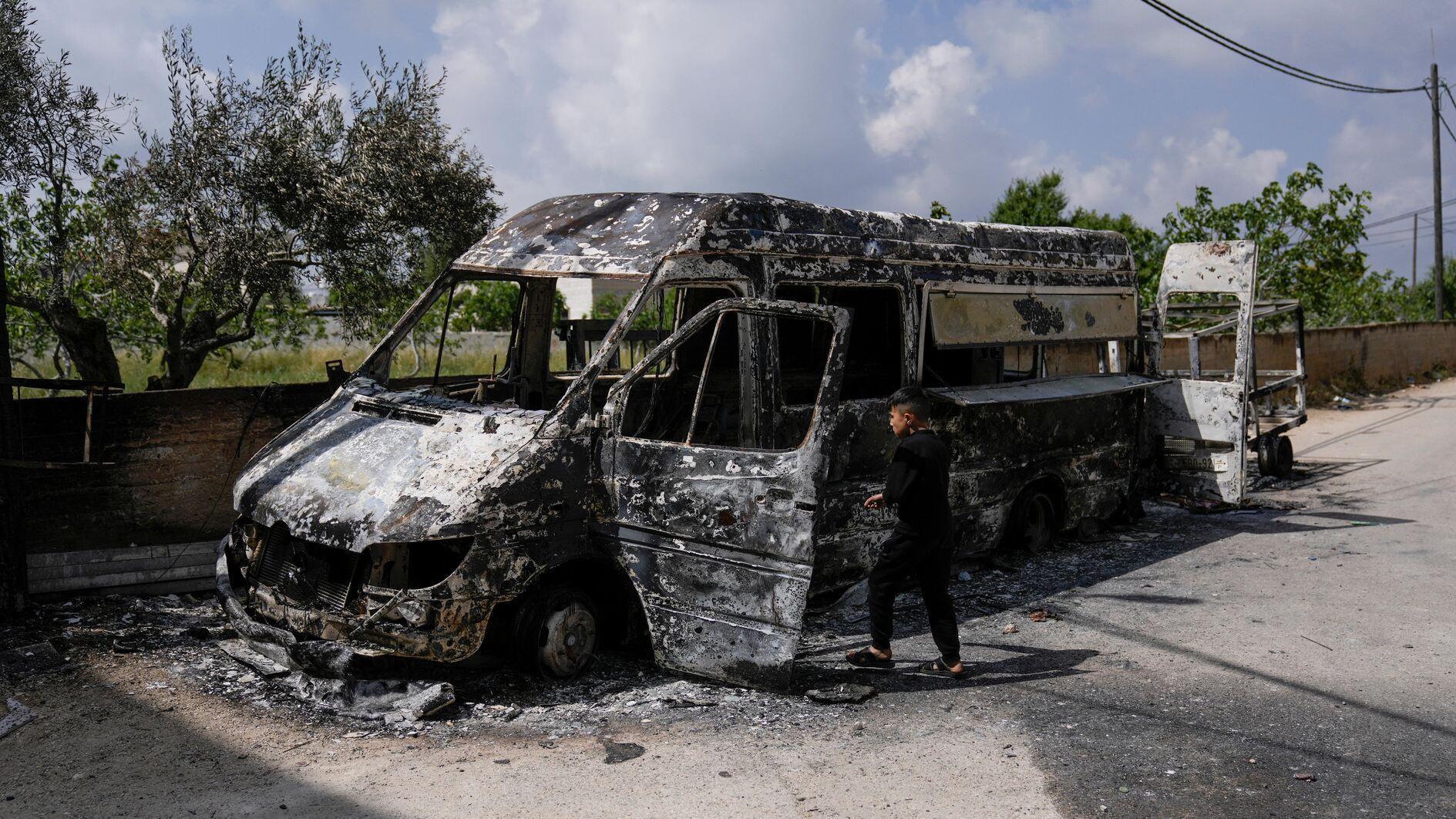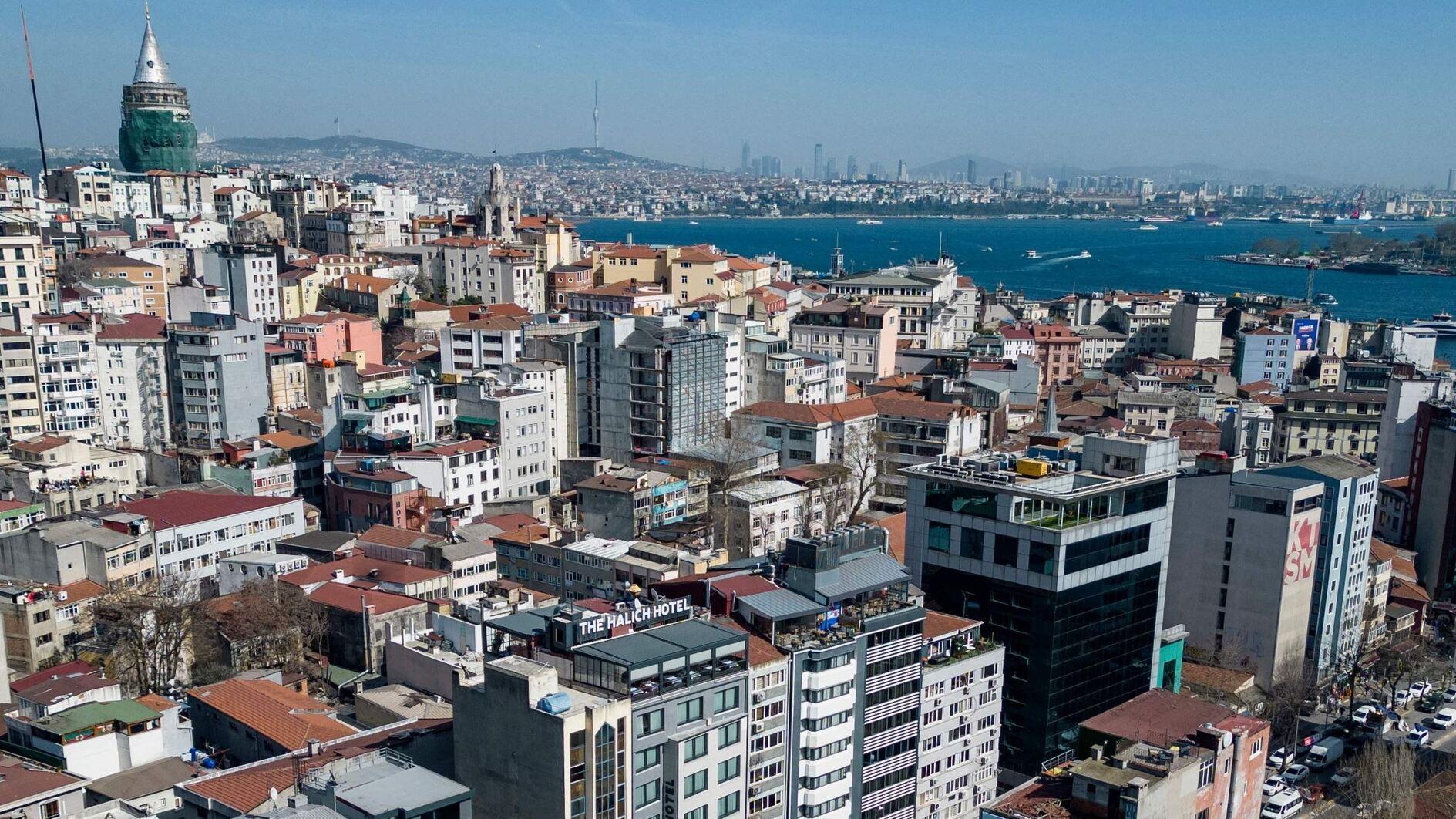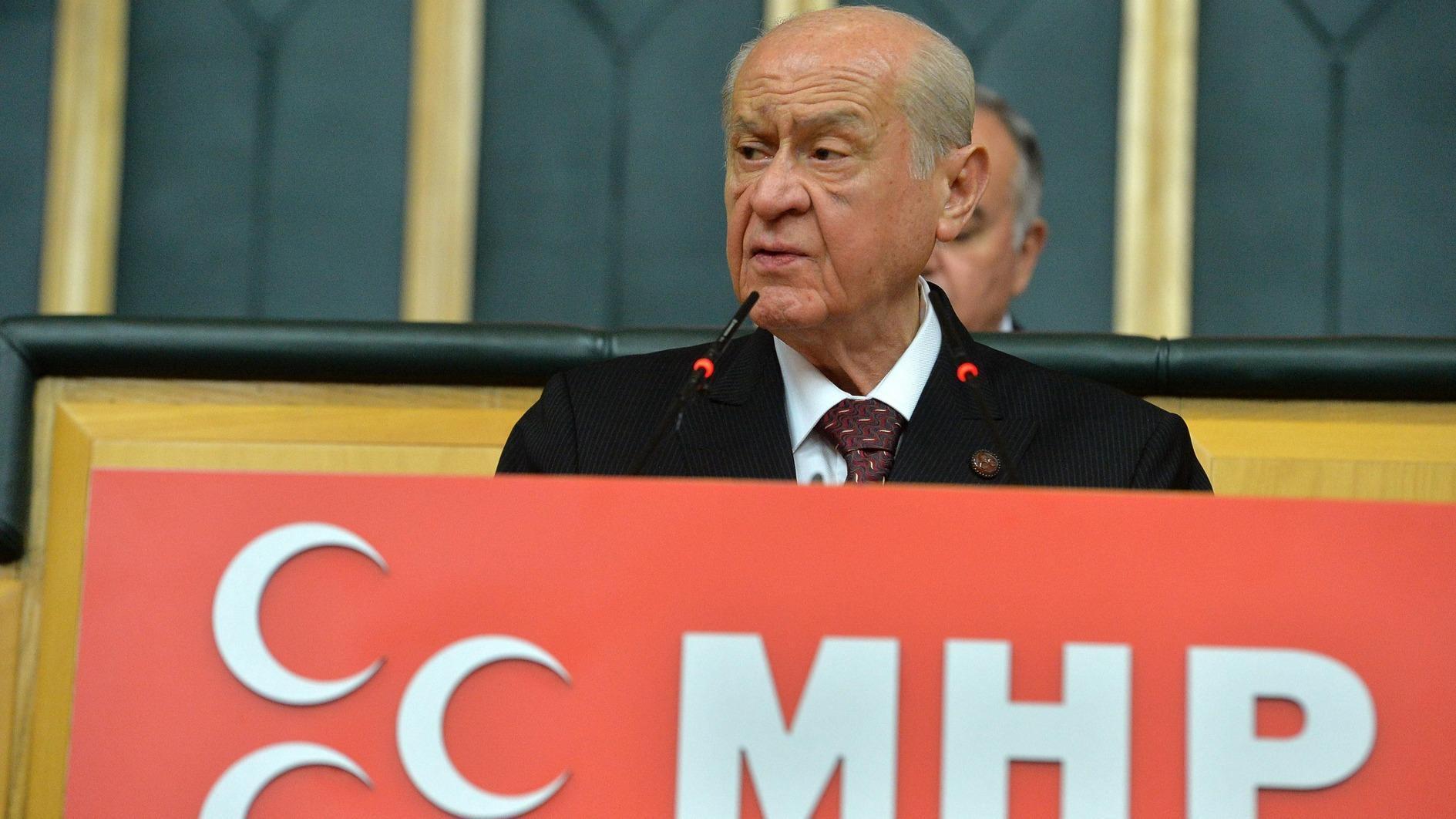A Turkish Basiji in the making?
According to OECD data, nearly 19 percent of Turkish youth are unemployed. Some 13.3 percent of men aged 15-19, 18.3 percent of men aged 20-24 and 47.6 percent of women aged 20-24 are unemployed, not getting training and not getting an education.
That means millions of young people without any prospects for the future, and millions wandering around aimlessly, open to manipulation and agitation.
Such crowds can be radicalized and used very easily. Some illegal groups might target such a population or in some cases, the state and or the government steps in. Such crowds have been used by the Iranian state. Turkey’s government, the Justice and Development Party (AK Party) might be preparing to do the same.
It was right after the famous 2009 elections in Iran. Reformists apparently lost, though people believed the elections were rigged, so they took to the streets, chanting “Where is my vote.” Riots soon turned violent. There were policemen and Sepah Pasdaran (Revolutionary Guards) trying to put down the riots. Also, there were some guys on some motorcycles with batons in their hands. They were crashing into the rioters on their motorcycles, hitting young people mercilessly. These guys were in civil clothes, but they were not stopped by the police or the soldiers. They acted like they could do as they wish as there was no law to stop them.
These guys are the famous Basij: The “Sāzmān-e Basij-e Mostaz’afin.” Established by Ayatollah Ruhollah Khomeini, these were voluntary young Iranians who participated in the Iran-Iraq war. After the war, The Basij did not dissolve but remained. These are groups of people, receiving some social benefits, to organize public religious ceremonies, police morals and suppress dissident gatherings. They serve under the Revolutionary Guards. They usually gather in mosques, and they recruit new volunteers from the mosques.
On one of those hot riot days, the streets of Tehran were filled with protesters. Protests were erupting everywhere, on small streets, on large avenues. The Sepah were having a hard time controlling Tehran, but Basiji were there to help. A basiji randomly stopped a motorbike, removed the driver by force, confiscated the motorbike and went to attack the protesters. The poor owner of the bike tried to resist, but when a guy with a stick in his hand that is not bound by any law wants your bike, you don’t have much choice.
In Turkey, we saw guys wandering around with batons in their hands during the Gezi protests, the wave of demonstrations and civil unrest that took place in May and June 2013. A young protester, Ali İsmail Korkmaz, was beaten to death by such a crowd. A shopkeeper also attacked a protester with a knife in Istanbul during those protests. A furious, conservative crowd was actually visible on the street in that sense. And now probably they might be organized by the government, using Islam as a means.
Turkey’s Directorate of Religious Affairs (Diyanet) has decided to form youth branches in mosques.
Supposedly, the aim is to prevent the youth from joining religious movements that “spoil Islam,” such as the movement of U.S.-based Islamic preacher Fethullah Gülen. And also to encourage the youth to pray in mosques. Whether those youth branches will be mobilized on the streets remains to be seen.











